Virgin Wool: The Soft & Durable Choice for Timeless Fashion
Virgin wool is a highly sought-after natural material. People know it for its exceptional softness, durability, and eco-friendly qualities. We directly derive it from the first shearing of sheep. It remains untreated and pure. Thus, it becomes an ideal choice for high-quality garments and fabrics.
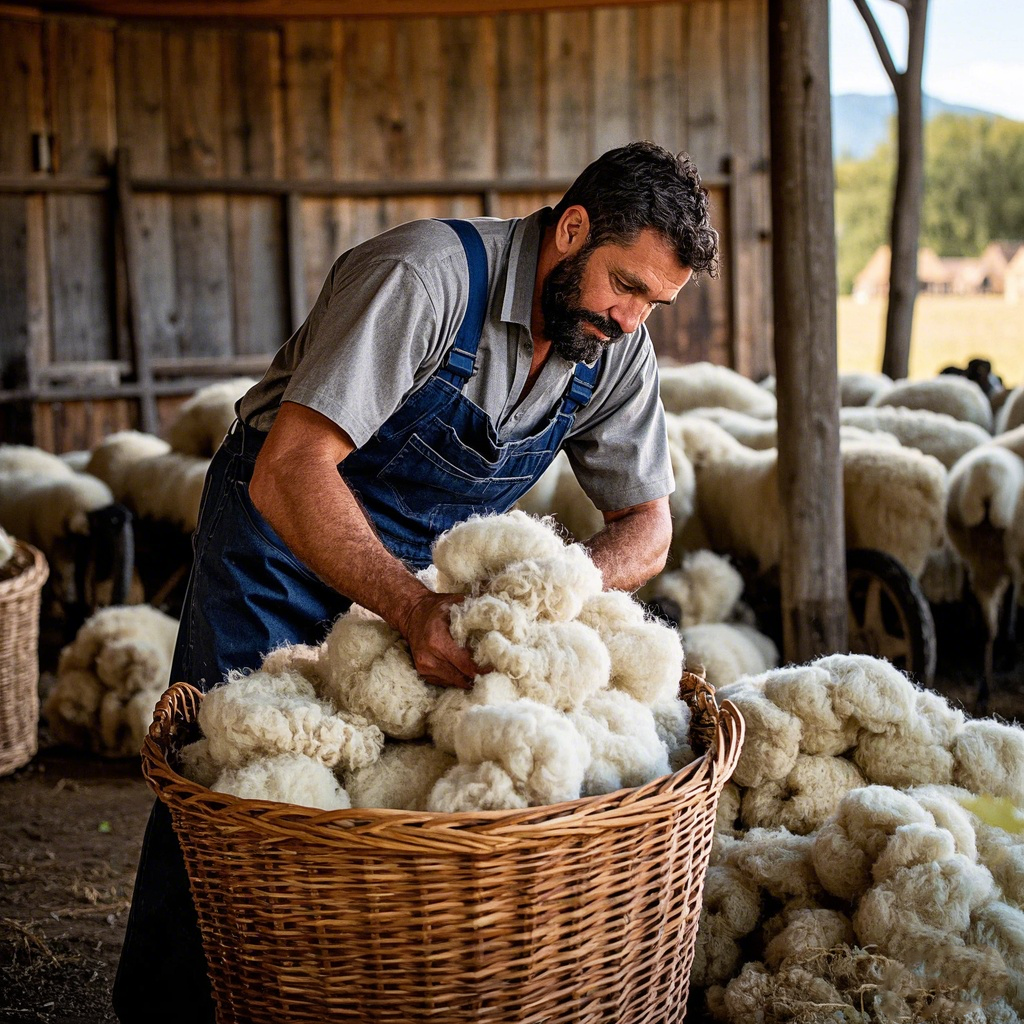
What is Virgin Wool?
Virgin wool refers to wool that people take directly from sheep during their first shearing. Firstly, people have not processed, recycled, or previously used this wool in other textiles. Consequently, this fact ensures its purity and high quality. Moreover, the initial coat from sheep is finer and softer than wool from subsequent shearings. Therefore, this makes textile industry prize it for premium products.
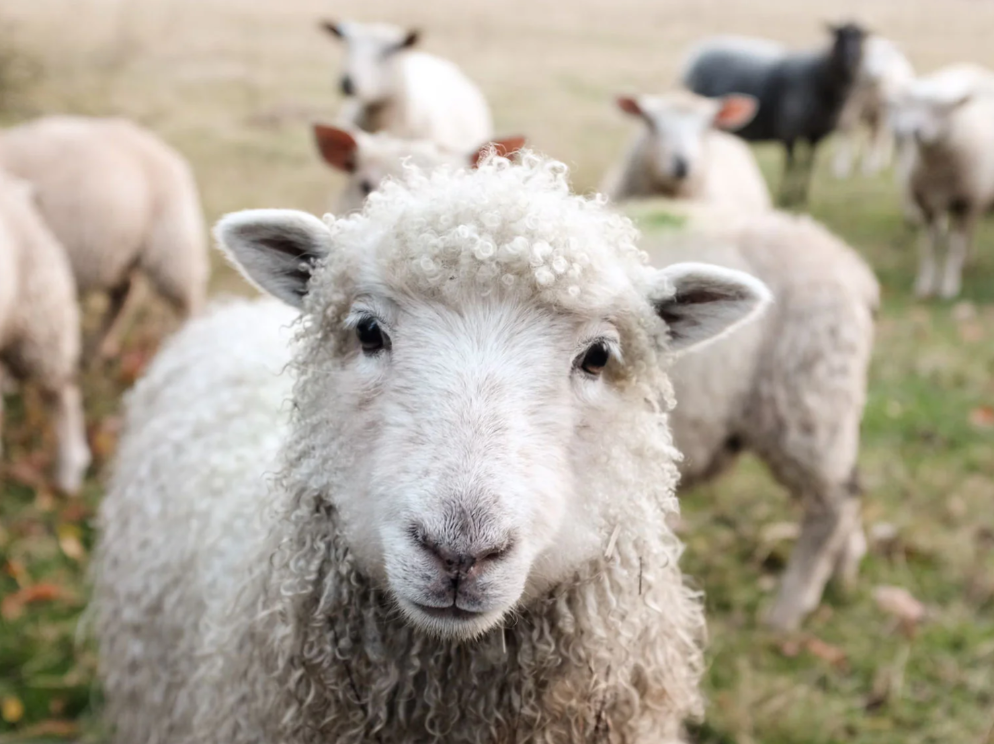
Key Features and Characteristics
High Quality: Virgin wool’s freshness ensures durability and pristine condition, as it has not undergone prior use or recycling.
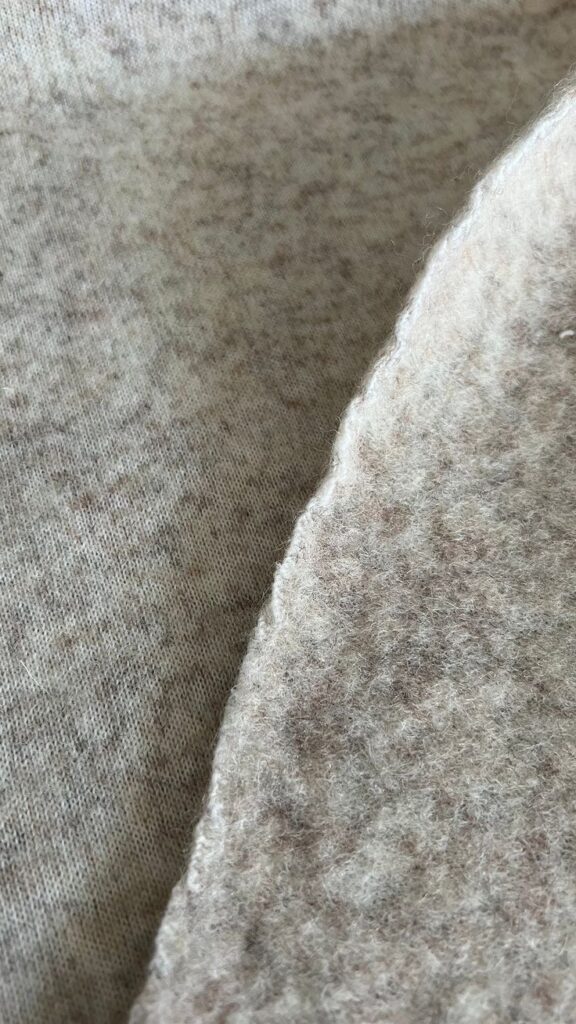
Soft Texture: This wool is softer and more comfortable compared to wool harvested later in a sheep’s life.
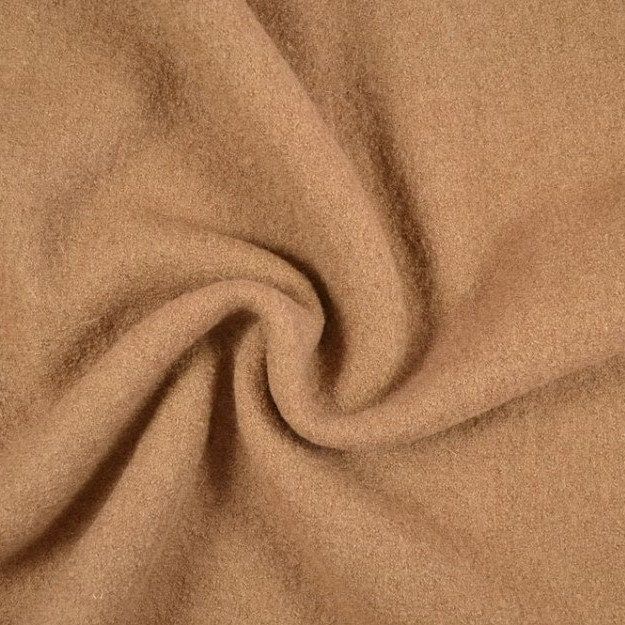
Moisture-Wicking Properties: It naturally wicks moisture away from the body, keeping wearers warm and dry.
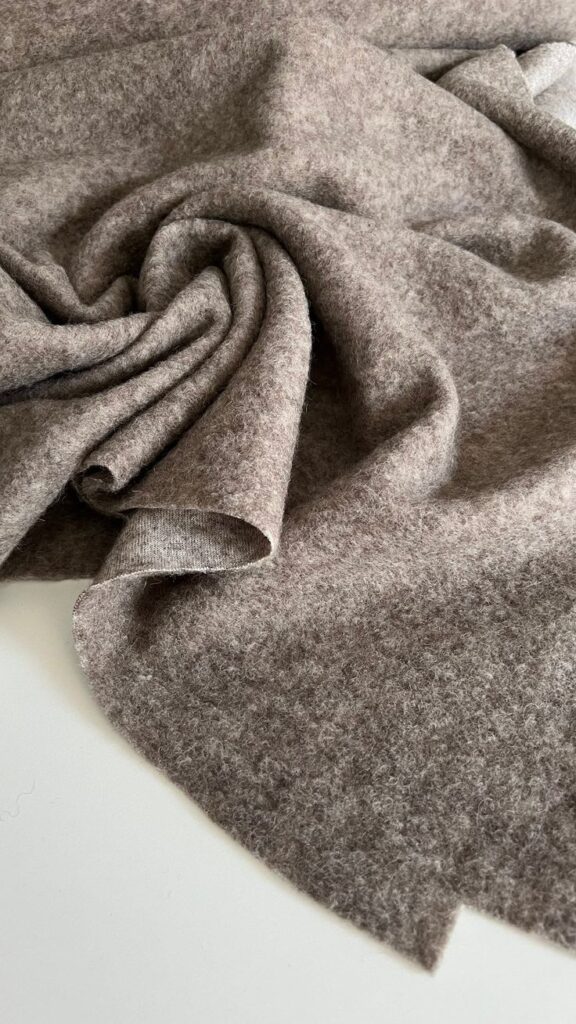
Eco-Friendly Nature: As a renewable, natural resource, virgin wool supports sustainable fashion when ethically sourced.
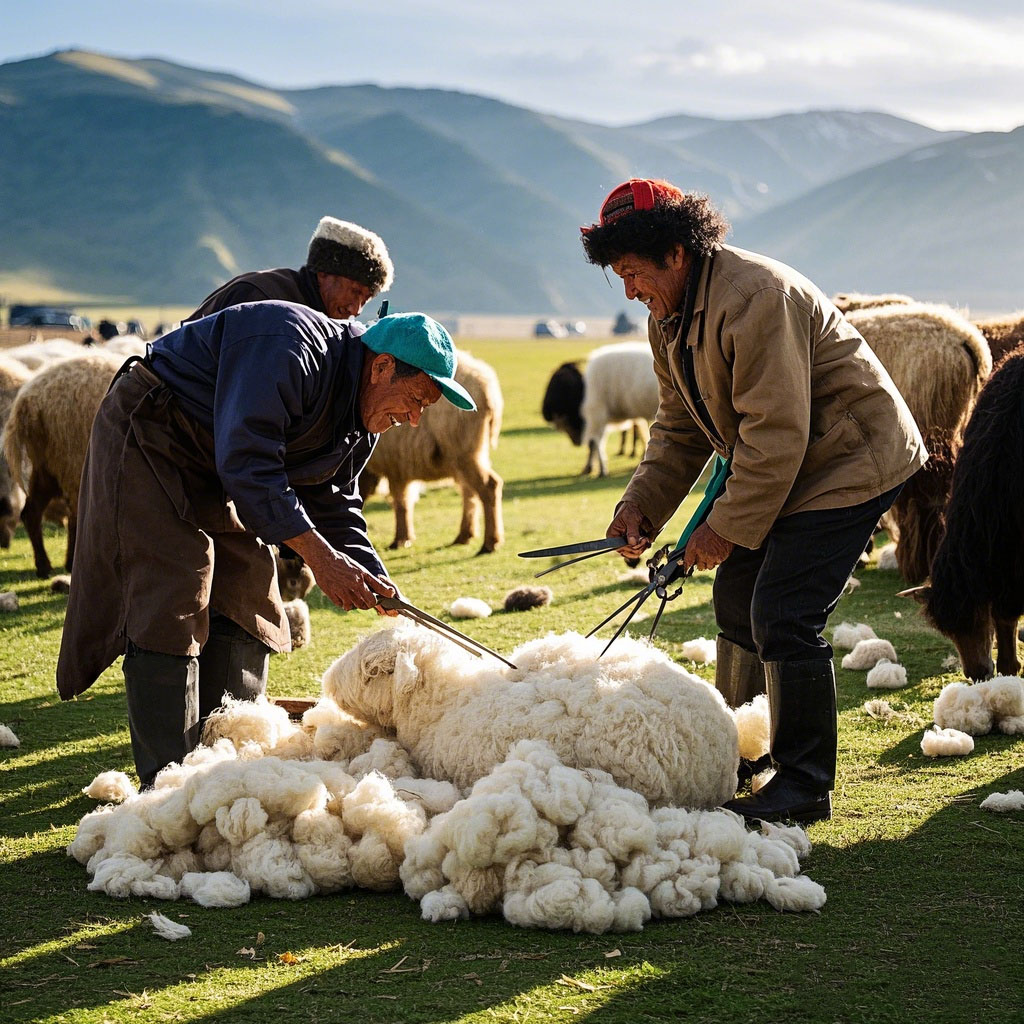
Virgin wool’s Benefits
People know virgin wool for its resilience and versatility. Its natural breathability and moisture-wicking properties make garments comfortable and long-lasting. Additionally, it functions as an excellent thermal insulator, which is perfect for winter clothing. As a sustainable material, virgin wool helps support eco-conscious lifestyles.

Disadvantages of Virgin Wool
Despite Virgin wool’s many benefits, it has some drawbacks. It often costs more than other types of wool or synthetic fabrics. Additionally, we need careful care to maintain Virgin wool’s quality because improper washing or drying can damage its fibers.
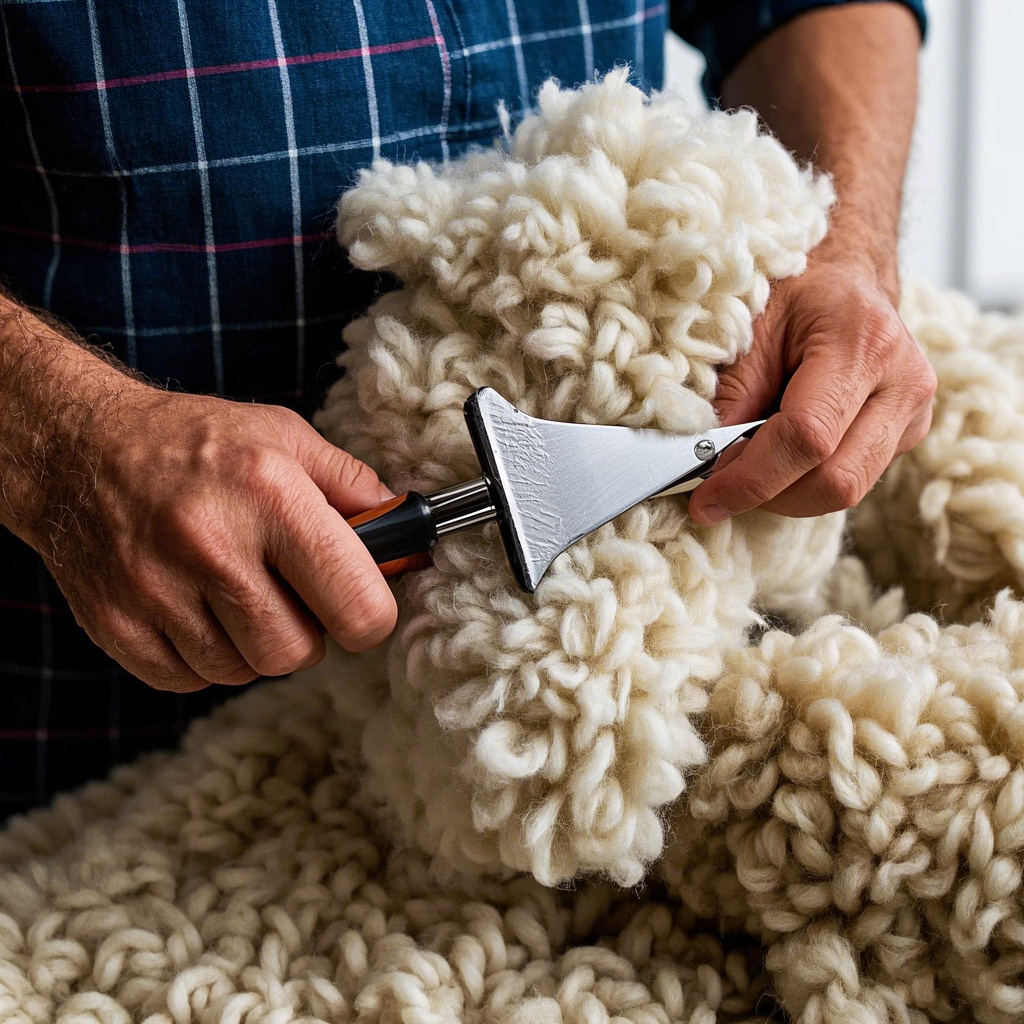
Apparel Made from Virgin Wool
Overcoat: pure wool, sophisticated, warm, soft, insulating, suitable for autumn and winter, classic design, timeless, breathable, comfortable.
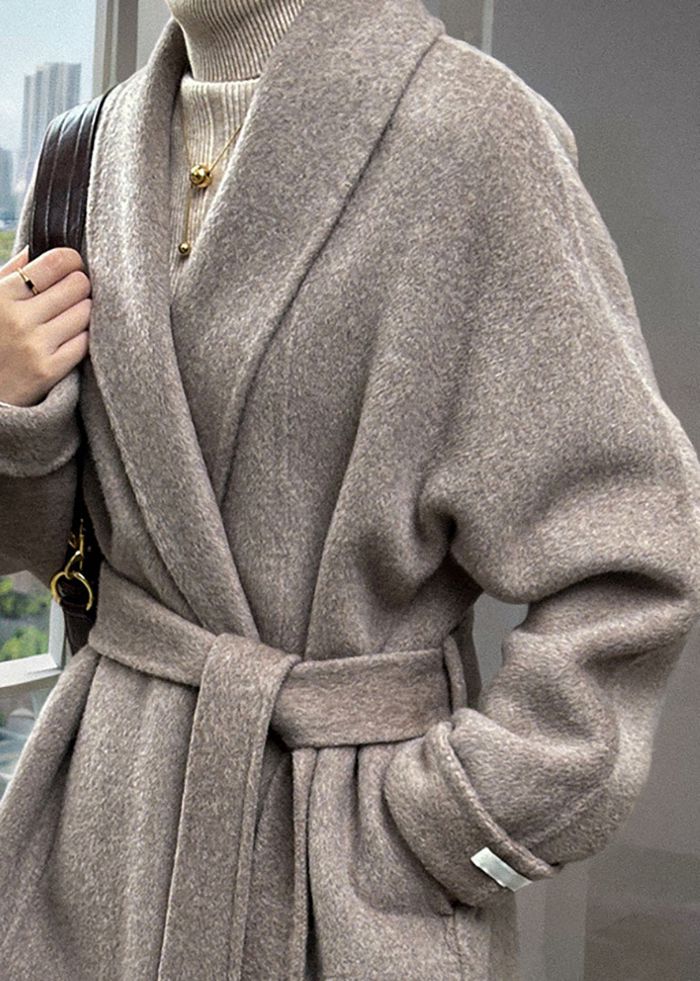
Dress: combines elegance and practicality, refined silhouette, soft, lightweight, drapes well, moisture-wicking, for formal and daily wear.
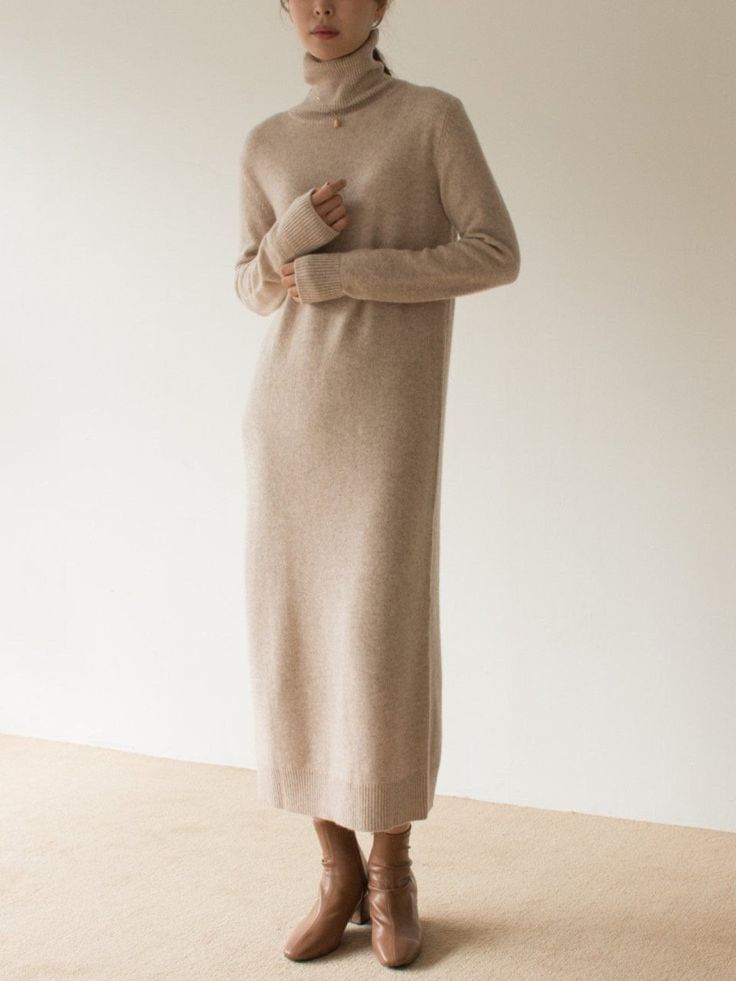
Blazer: Premium wool, classy, professional, durable, soft, breathable, wardrobe essential, pairs well.
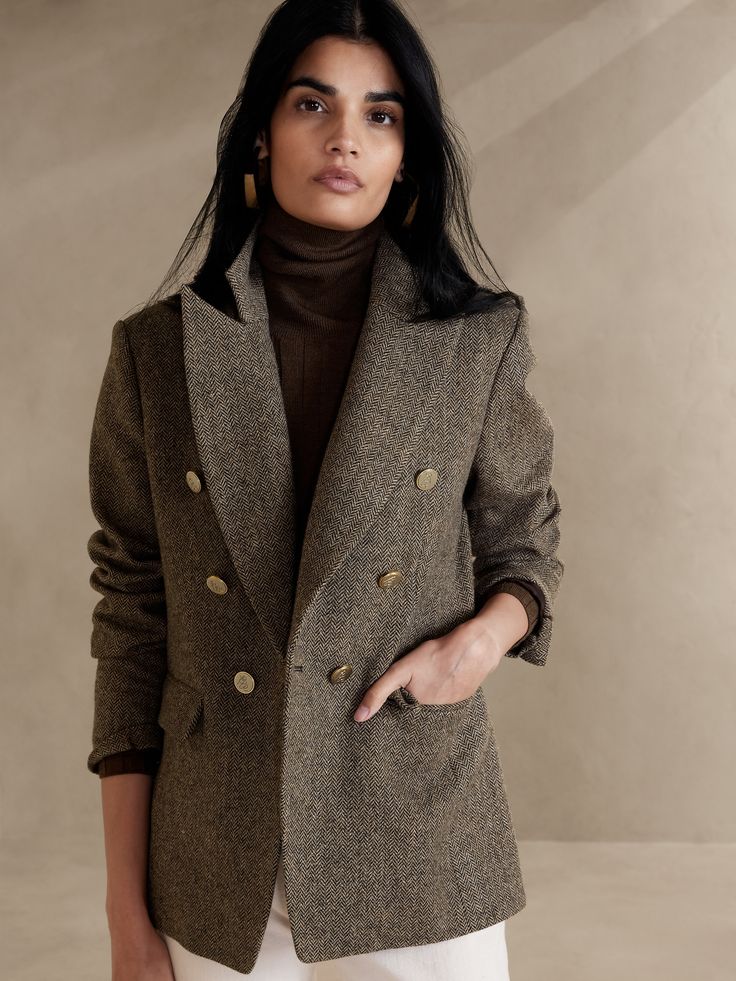
Shorts: Sophisticated casual, tailored, luxurious texture, good for transitional weather, pairs well with tights and boots or a blouse.
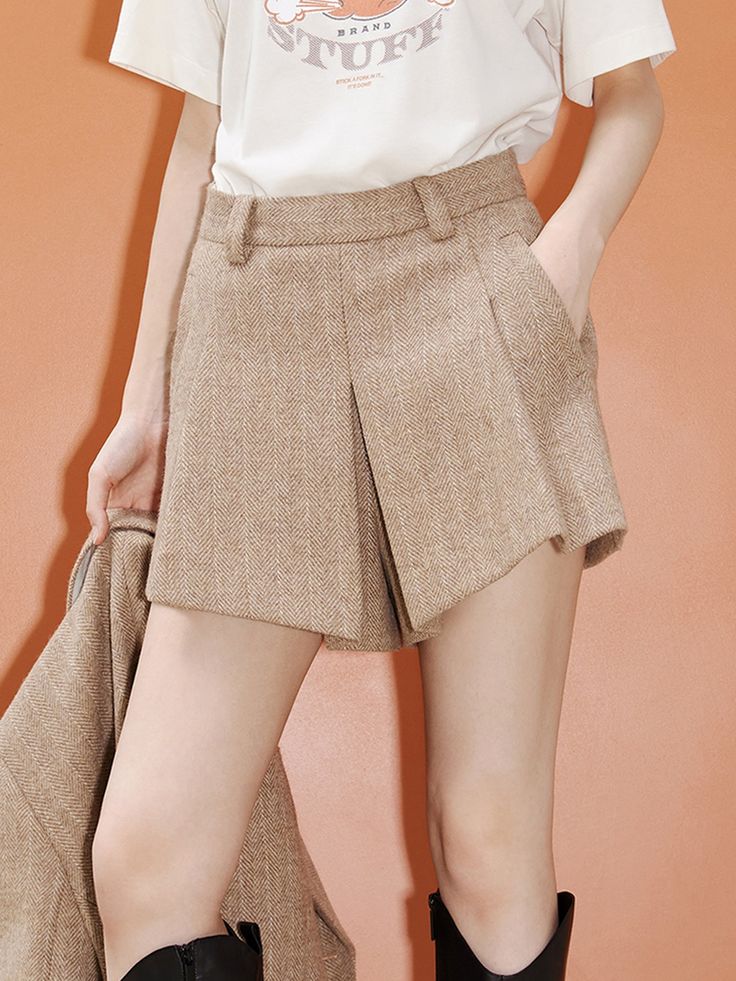
Trousers: Comfortable, stylish, sleek design, high-quality, elastic, breathable, suitable for office and smart-casual.
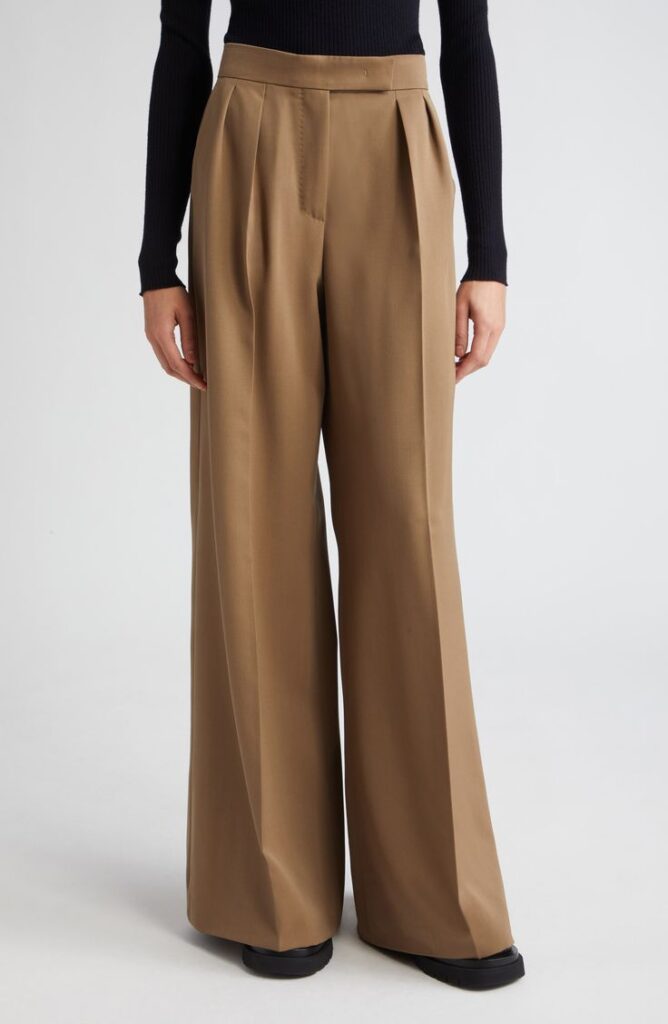
Scarf: Luxuriously warm, soft, insulating, stylish, functional, lightweight, cozy, winter essential.
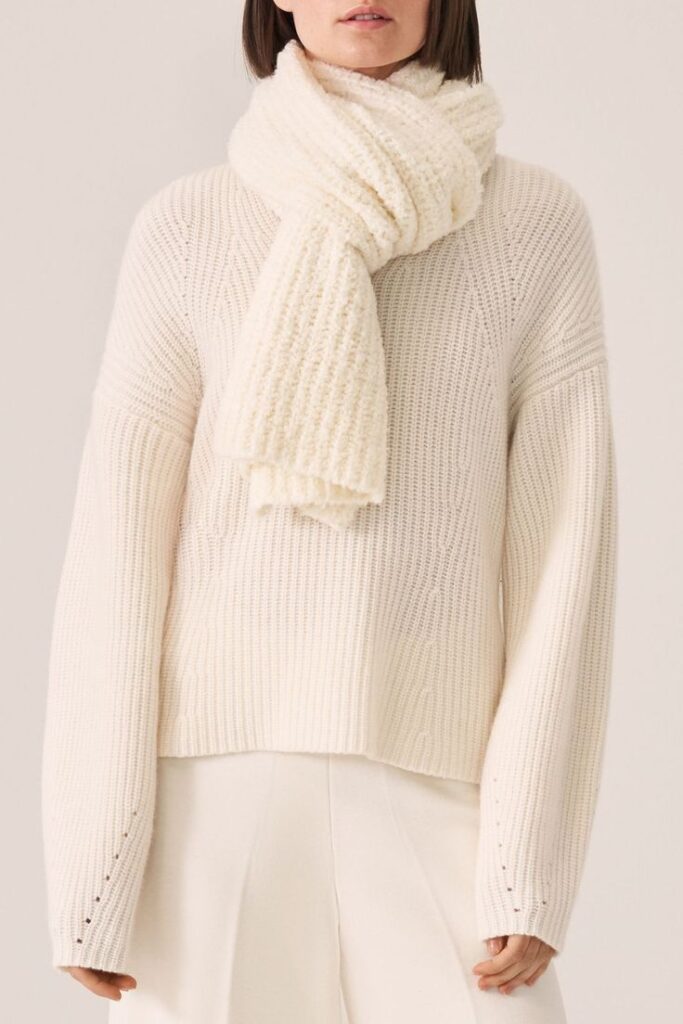
Production Methods
Virgin wool production starts with sheep shearing. Subsequently, workers then wash and card the wool to remove impurities. After that, they spin the wool into threads. Next, people use these threads to weave fabrics. Later, they cut and sew the fabrics into garments. Finally, each step preserves the natural qualities to ensure high-quality results.
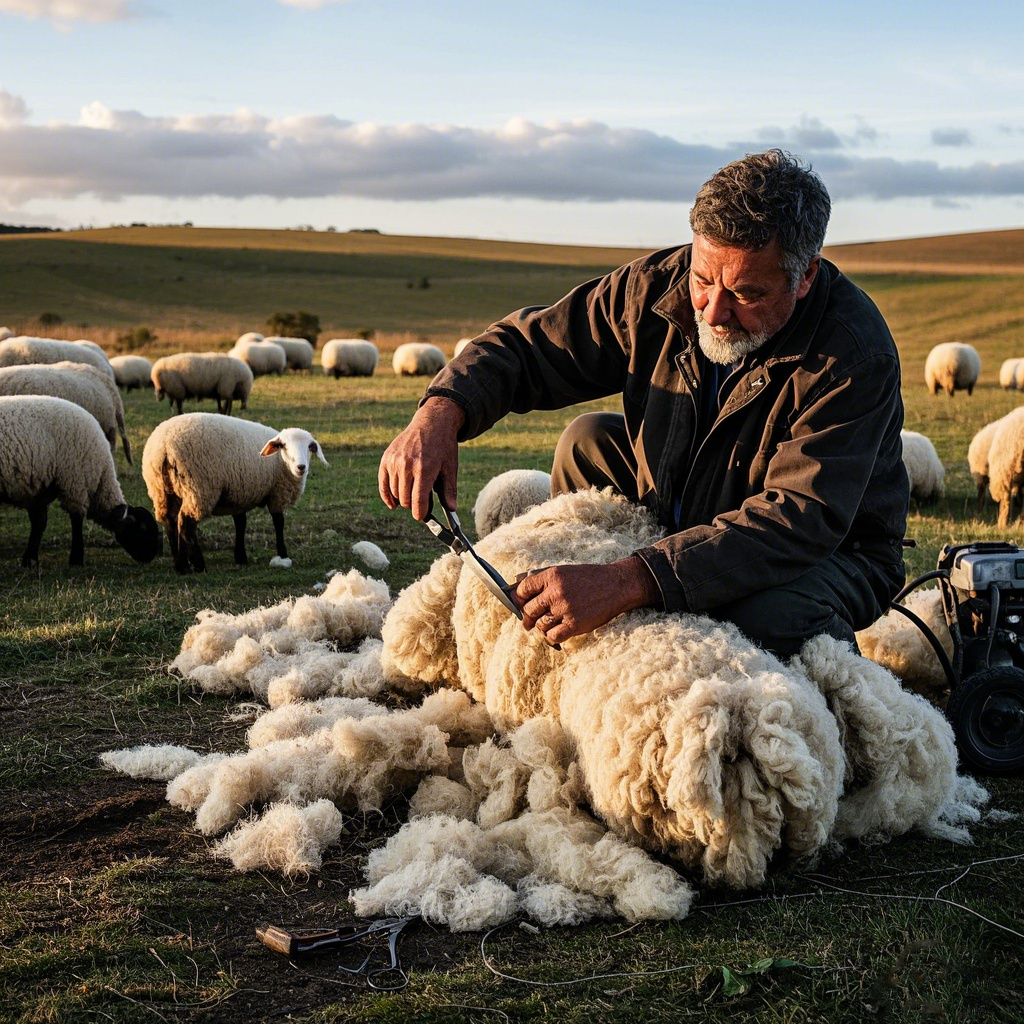
Caring for Virgin Wool
We consider proper care essential to maintain virgin wool’s beauty and longevity. Firstly, wash it only when necessary, using a mild wool detergent. Then, avoid wringing or twisting it. Instead, let it dry naturally by laying it flat.
Virgin wool is a precious and versatile material celebrated for its softness, durability, and eco-friendliness. In addition, it is ideal for high-quality garments as it offers comfort, warmth, and sustainability. Therefore, when you choose and care for it responsibly, you can enjoy timeless fashion pieces and support sustainable practices.





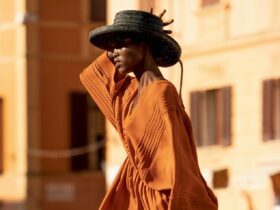
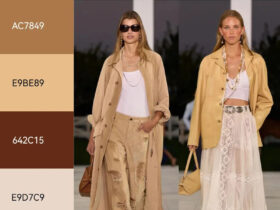

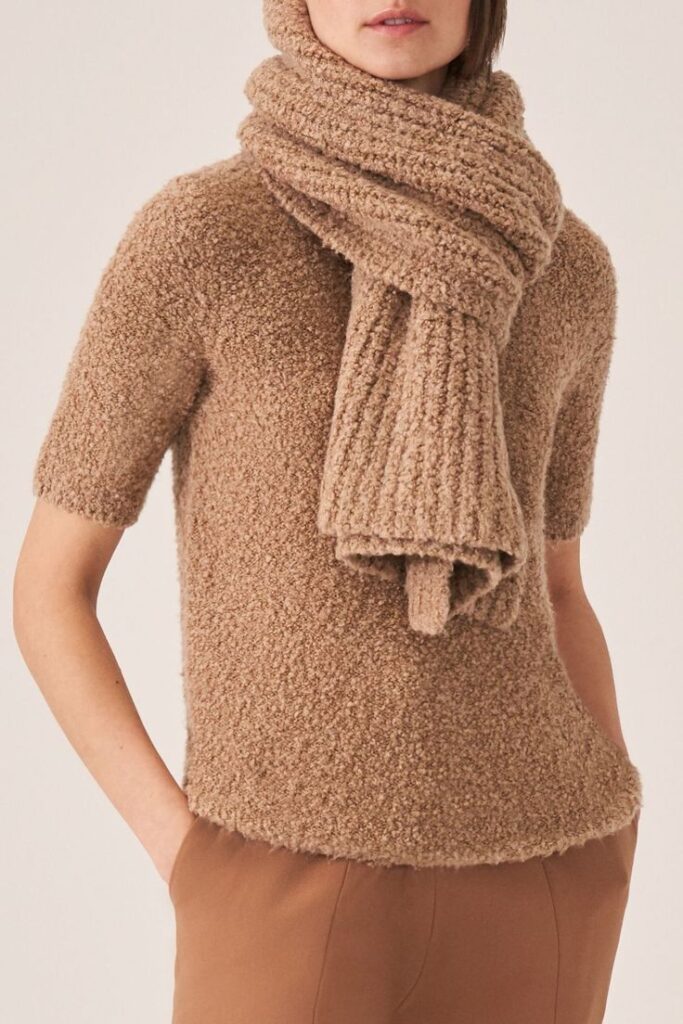
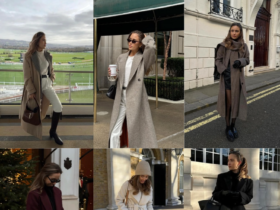



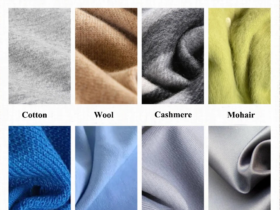
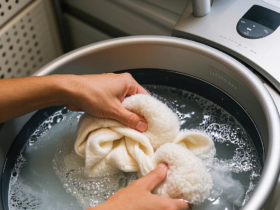
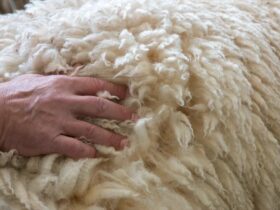


Leave a Reply